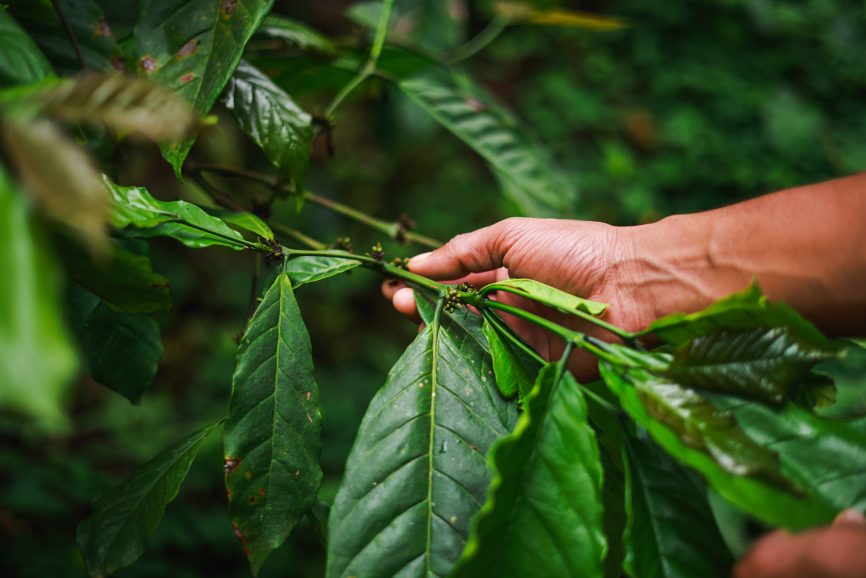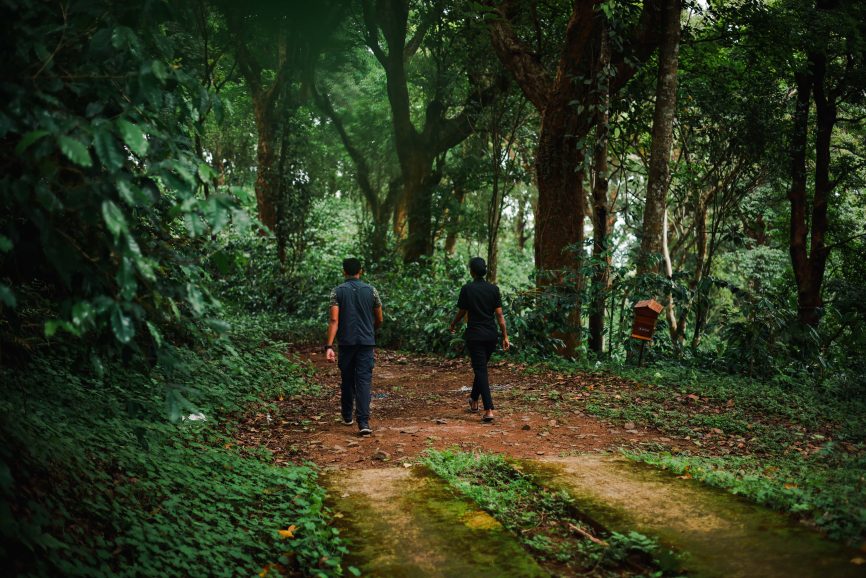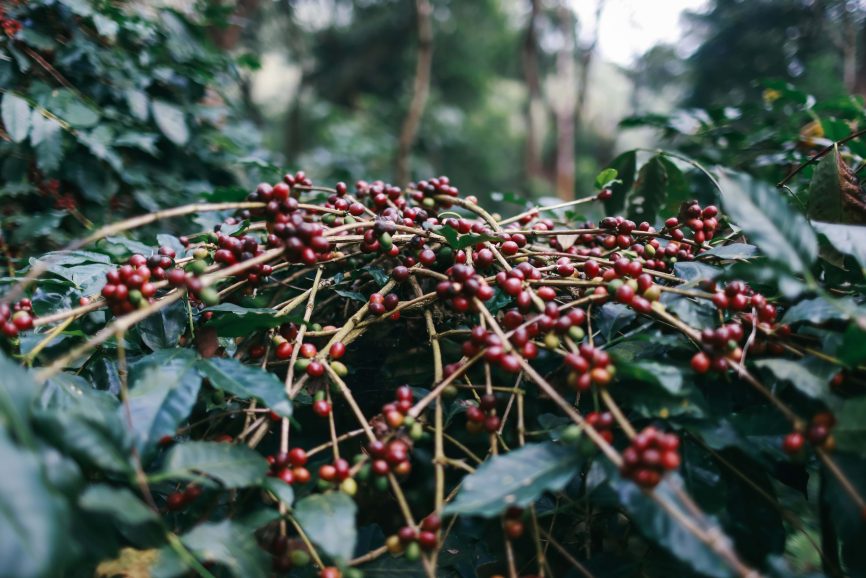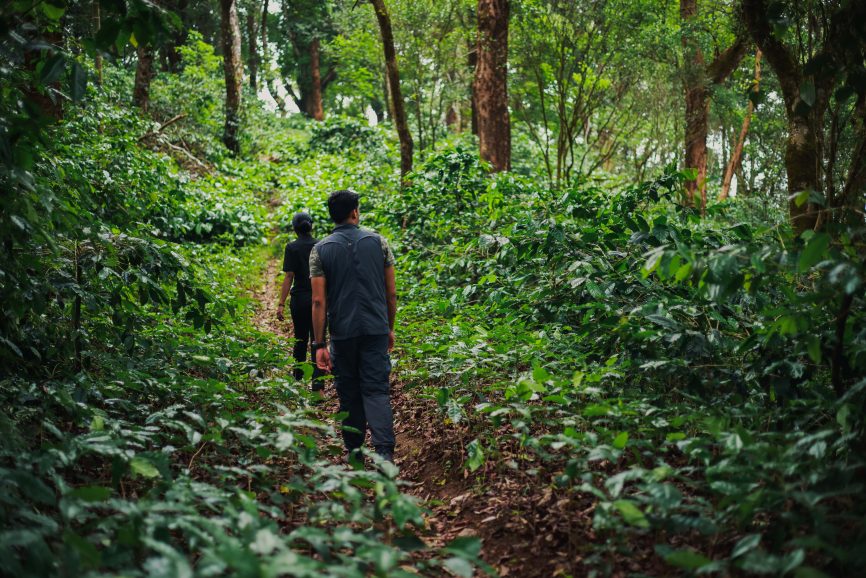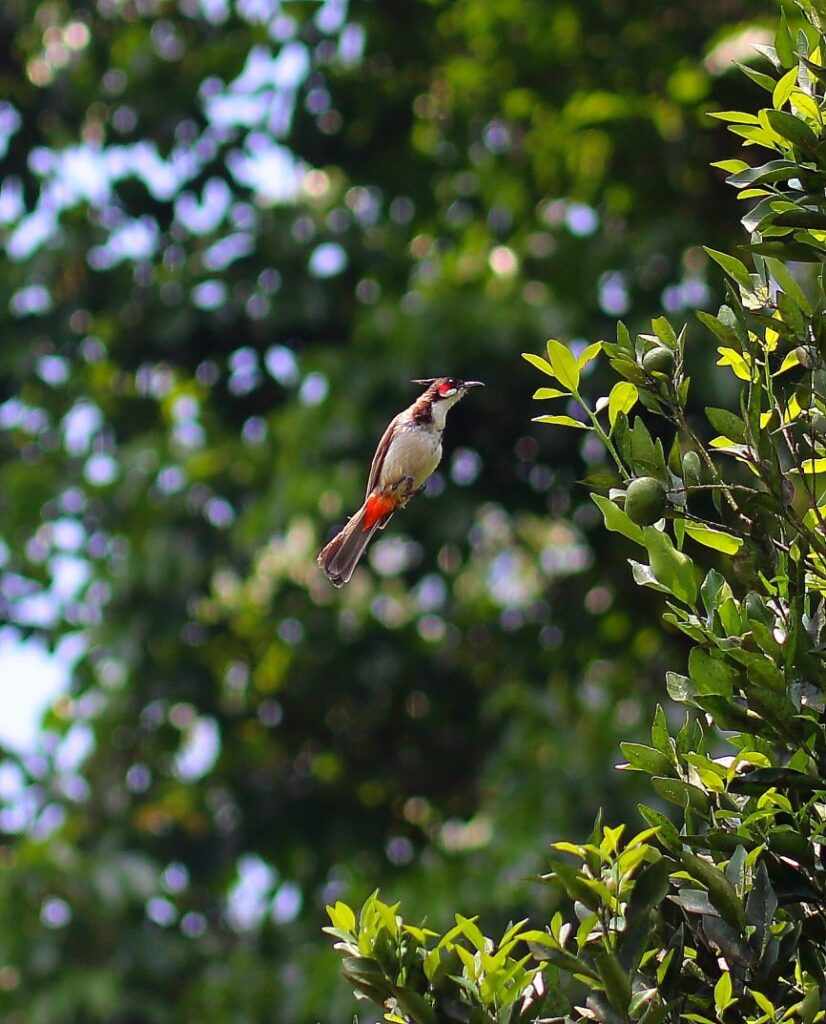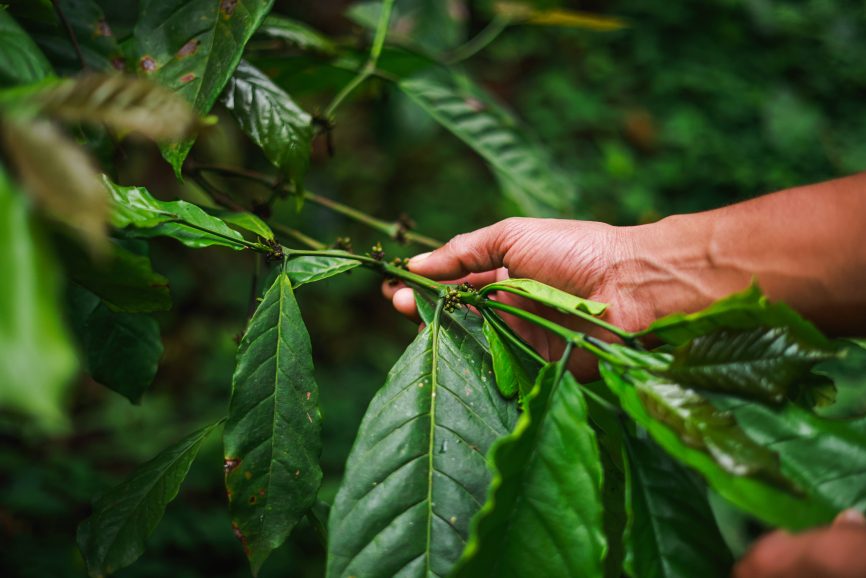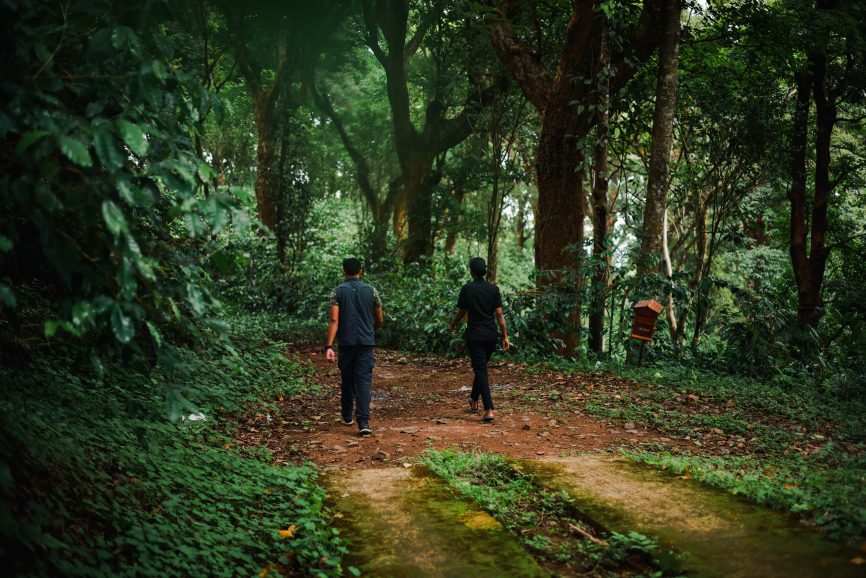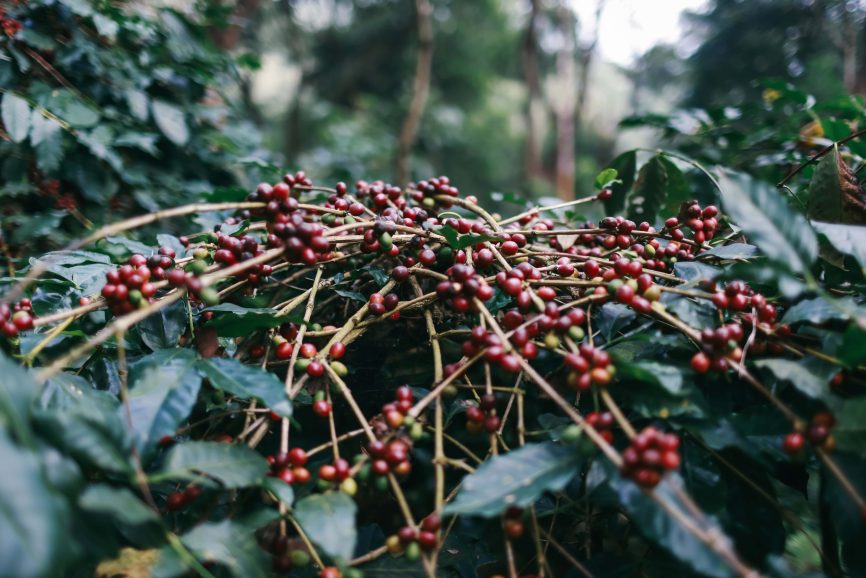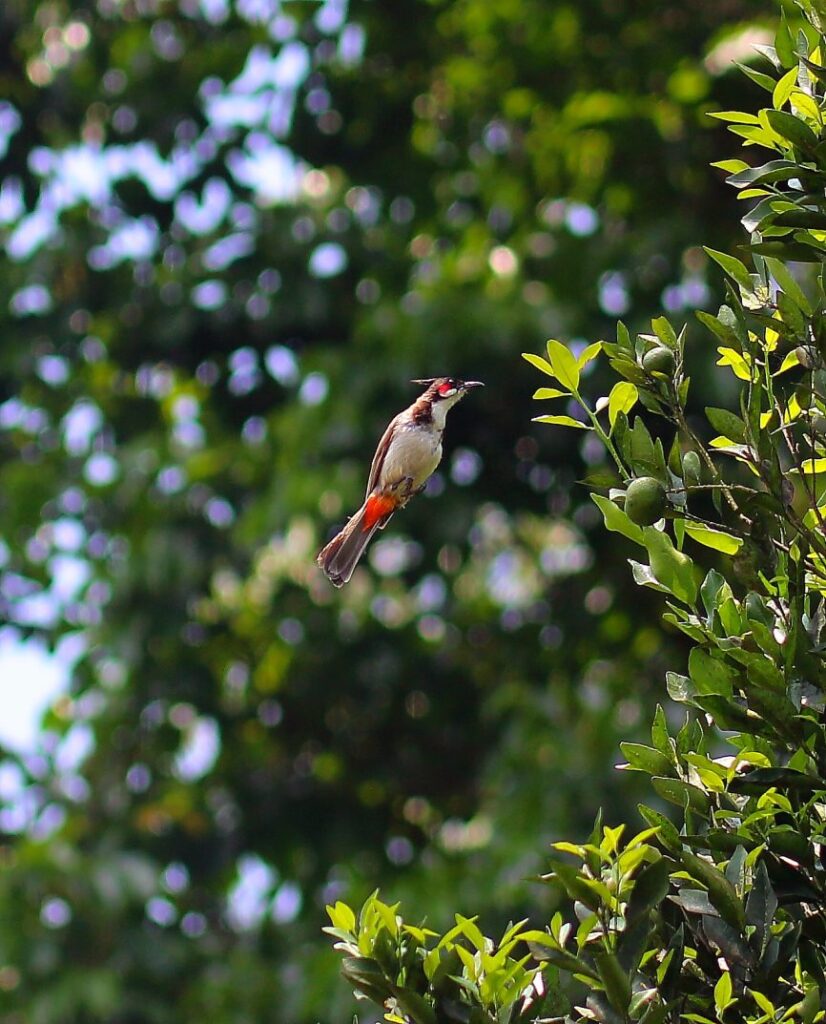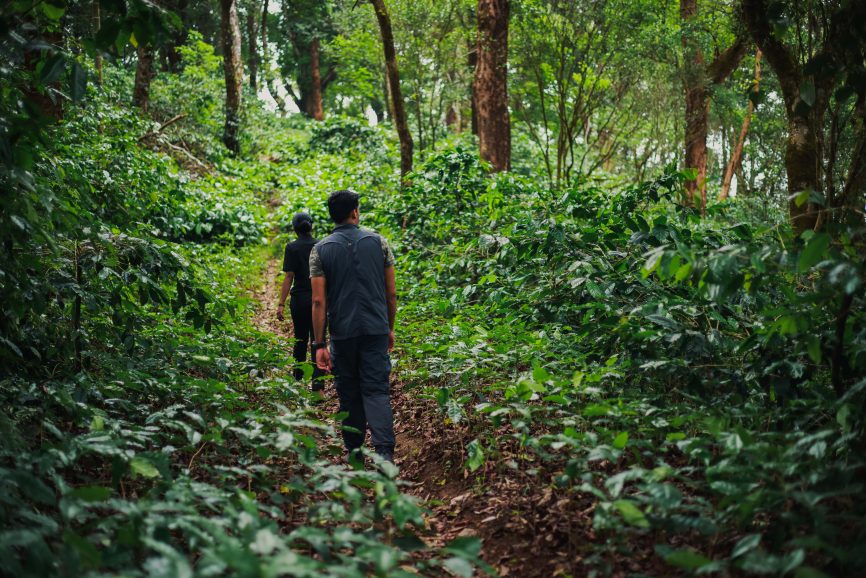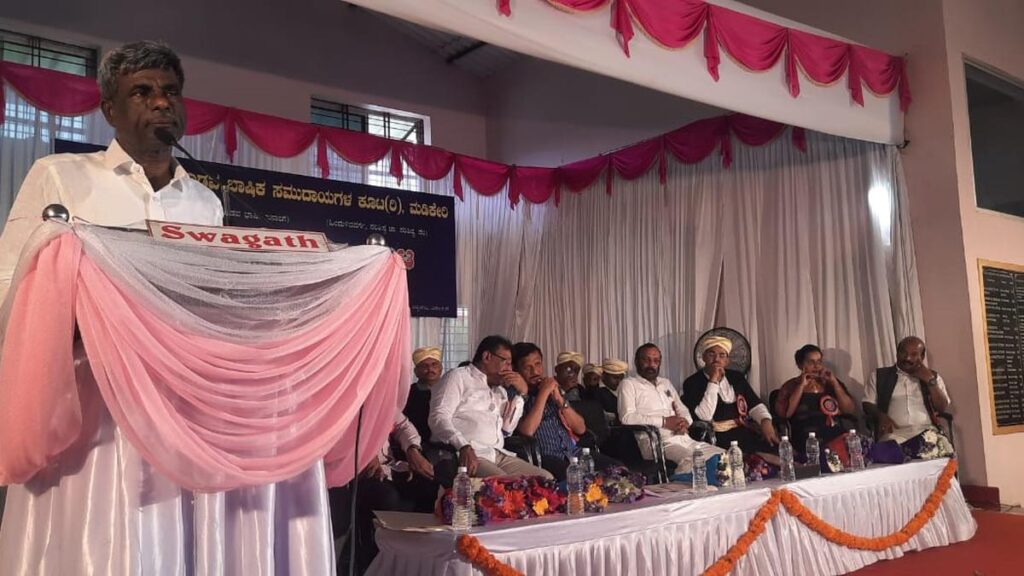
Kodagu is deep- rooted in the culture of the past, the glorious past.
The traditions, the idealsand the institutions of the past are inherited by us as a rich legacy. It is not just the abundant natural beauty that makes Kodagu a distinct place. It’s people- the Kodavas with discrete culture and heritage boost the glory of this land. This is the season of the year, where Kodavas in Kodagu district perform the annual ritual “KARANANG KODPO“ held in memory of their ancestors.
Amidst the misty hills and lush coffee plantations of Kodagu, the indigenous community of Kodavas honour “GURU KARONA” the first ancestor as their protector and guide. With Guru karona as their guardian, they walk the path of their ancestors, connecting to the very soul of their land.
Our ancestors are as much a part of us as we are part of them. Karanang kodpo is an occasion for kodava usually after the changrandhi, to invoke the ancestors, offer them sweet, meat, liquor, take their blessings and the families rejoice followed by a feast.
All auspicious ceremonies and works of Kodavas were usually done during this time because Kodavas did not have temple culture and kept Brahmins away as we Kodavas adore ancestral worship and venerate our man of yester year “Guru karona”.
Karanangkodpo is an important annual observance where offerings are made to a clan’s ancestors. The food and drink habits of deceased members of the family are remembered. Accordingly, offerings are made to the dead. The Karona, or the dead patriarch, is prayed to. Offerings of food and drink made to Gods and ancestors are called “Meedhi”. Kodava cultural traditions and practices were transmitted orally from generation to generation.
In olden days, all the members if an “okka” lived together in their ” Ainmane” or ancestral home. While many of these Ainmanes have been rebuilt, the traditional ones that are still standing are 150 to 200 years old. Today even if they do not live in the Ainmane, members of an okka gather to celebrate festivals and traditional ceremonies. The Karona, the first Ancestor or founder of the okka is revered as a God. Kodavas consider their Ancestors as their guiding spirit and their elders as their living guides. As a mark of respect, younger people touch the feet of their elders when they meet during auspicious occasions. Elders invoke their ancestors when they bless those who touch their feet.
The cultural heritage of the Kodavas is a priceless legacy passed down from generation to generation. Every legacy followed strengthens our collective voice, fostering unity and resilience.
Together we strive for an empowered kodava community that stands proud, preserving our roots and shaping a future rooted in our unique traditions.
Sadly, with the passage of time our culture has been ambushed by modernization.
Currently conserving our rich heritage to let our future generations know who truly are, is of surmount importance. Every nook and corner of our Ainmane act as a silent reminder into our colourful past.
An architectural aspect which as stood the tests of time are our Ainmanes. Homes to the native communities of Kodagu, these Ainmanes stand as a silent testimony of our story.
Let’s join hands, in conserving the little that remains of ancestors and their impressions left on the phase of earth.
Because Ainmanes are a matter of pride and the soul of kodava rituals and their revival provides a surety to Kodavas customs and legacy. As traditions passes on from generation to the next it is a duty of every Kodavas to maintain the sanctity of their places of worship.
source: http://www.clnnews.in / Coffee Land News / Home> Articles / by Kodandera Mamatha Subbaiah / October 25th, 2024
